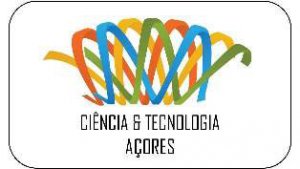PHC Kolmogorov┋Coopération scientifique franco-russe
Kolmogorov est le Partenariat Hubert Curien (PHC) franco-russe de coopération pour la science et la technologie. Il est mis en œuvre en France, par le Ministère de l'Europe et des Affaires étrangères (MEAE) et le Ministère de l'Enseignement supérieur, de la Recherche et de l'Innovation (MESRI), et dans le pays partenaire par le Ministère de Science et de l’Enseignement supérieur (MON).
Les appels à candidatures de ce programme sont lancés sur un rythme annuel.

